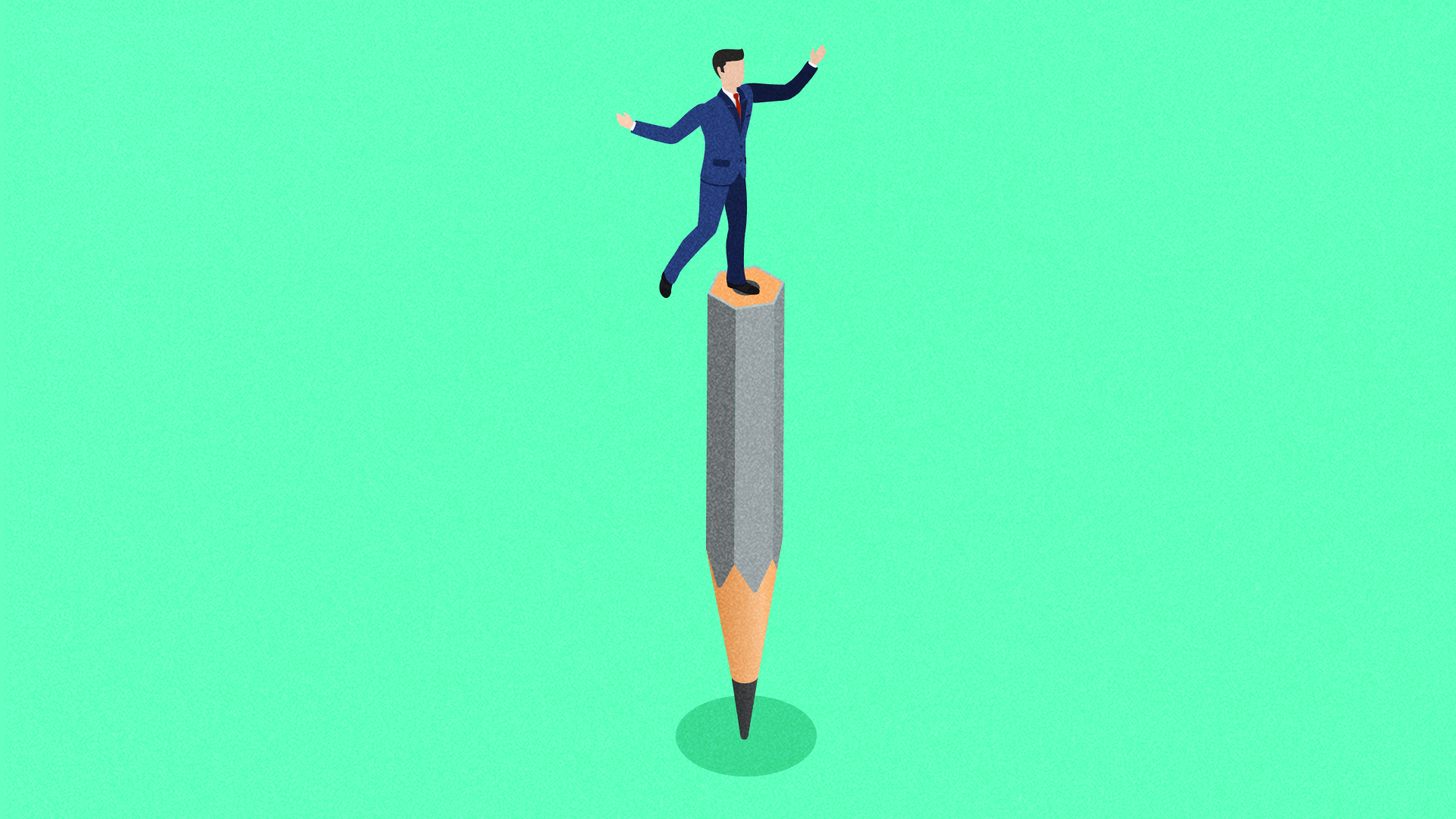Stress and anxiety often come from the sense that we’re at the mercy of the universe’s whims, with little power to act against them. “A lack of control is experienced by your brain as a threat and triggers a ‘fight, flight, freeze’ response,” Melanie Greenberg, Ph.D., a California-based clinical psychologist and author of The Stress-Proof Brain: Master Your Emotional Response to Stress Using Mindfulness and Neuroplasticity, tells Thrive. Our brains function like “prediction machines, wired to reduce uncertainty and unpredictability,” she notes.
That’s why we feel our best when we are confident that we’re in control. “Lack of autonomy is stressful to our brains,” Greenberg says. “Research in the U.K. and U.S. has found that the most stressful jobs are those when an employee has high responsibility, but little control,” she points out. And in new study in The Journals of Gerontology, people ages 60 to 90 even reported feeling younger — and an improved sense of well-being — when they had greater independence.
Any of us can take back our power — and sense of calm — with these three Microsteps.
1. Set aside time for focused work
Your inbox may be flooded with dozens of unread emails and your phone may be buzzing with far too many notifications. Don’t give into the madness! Stop for minute of deep breathing and remind yourself that your life is yours and only you get to decide how to focus your attention.
2. Turn off all notifications, except from those who need to reach you
A study shows that news alerts and social updates on our phones increase our stress levels. Create more calm by silencing those interruptions and use that extra brainspace and attention to smartly manage your workflow and stamp out stress.
3. Declare an end to the day, even if you haven’t completed everything
Back-to-back meetings and piles of unfinished work can get stress-hormone cortisol coursing through your veins with crazy-making fury. Resist the urge to log long hours to finish your endless list of tasks. Ditch your workload at a reasonable hour to meet up with a friend, especially one who elicits laughter, which boasts a whole host of psychological and health benefits. Or, take an after-work walk to get the stress of the day out of your system. Even a short stroll around the block elevates mood and energy levels studies show.
Follow us here and subscribe here for all the latest news on how you can keep Thriving.
Stay up to date or catch-up on all our podcasts with Arianna Huffington here.


